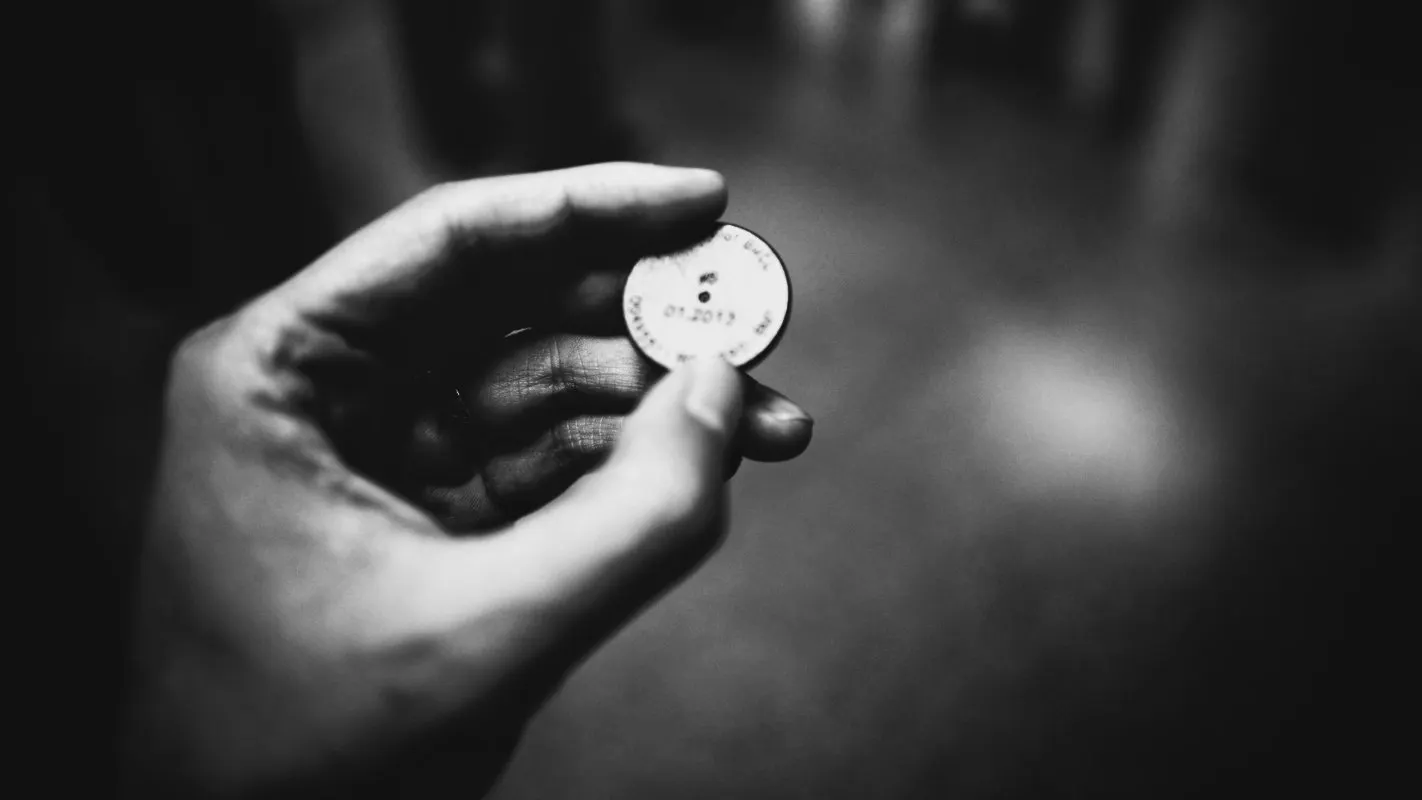Coinbase announced today that DAI, a stablecoin created by MakerDAO, is now available to buy and trade on its retail platform, Coinbase.com, and its corresponding Android and iOS apps.
DAI will be available in most jurisdictions worldwide to Coinbase customers but will not be initially available to New York residents. This is due to the more stringent requirements of the New York Department of Financial Services.
DAI is an algorithmic stablecoin running on the Ethereum blockchain. It’s main purpose is to be used as a digital dollar, but with a twist. Instead of being backed by dollars sitting in a bank account, it’s backed by Ether that people chose to lock up in a cryptocurrency wallet for an indefinite period of time. When the Ether is vested, DAI is released into their wallet, which can then be spent.
Due to this mechanism, DAI can be used as a way to lend your own money to yourself, as strange as that might sound. Simply put, you can lock up some Ether as DAI, use the stablecoin to buy more Ether, which can then be turned into DAI, and keep doing this over and over again. It’s similar to leveraging an asset multiple times—and if the price of Ether goes up, you will benefit two or three times as much from the increase.
However, there is a risk. If the price of Ether crashes, then DAI holders might not be able to use their DAI to get their Ether back. To mitigate this risk, MakerDAO created a secondary cryptocurrency, called MKR, as a governance token. MKR holders use the token to vote for changes to the way DAI operates. Recently, MKR was used to change the interest rate that DAI holders must pay when they redeem their DAI in response to the number of people leveraging the stablecoin multiple times over.
This is the first stablecoin added to the Coinbase retail platform after USDC, which was created by Coinbase and Circle. It’s possible Coinbase is adding DAI now because it’s easier to add Ethereum tokens once the platform has created support for Ether. But it’s also possible that Coinbase doesn’t see DAI as a competitor, since it is not run by a for-profit company, unlike Pax Standard or Gemini Dollar.

